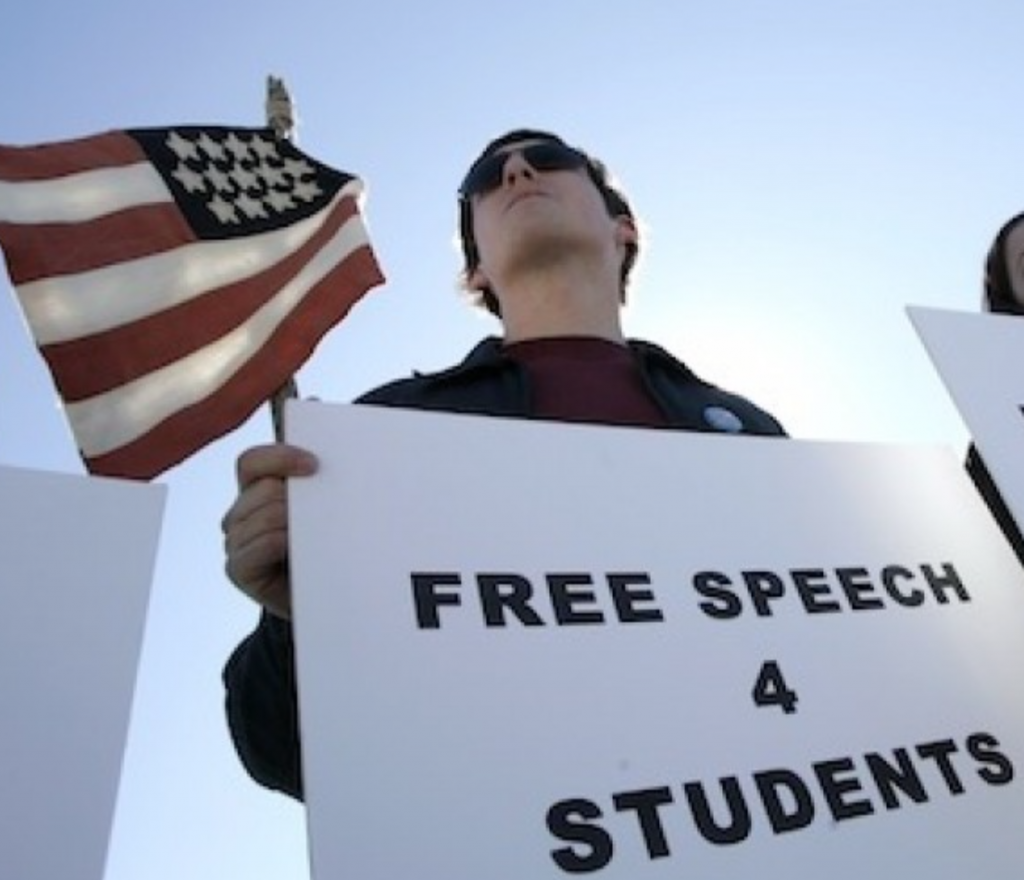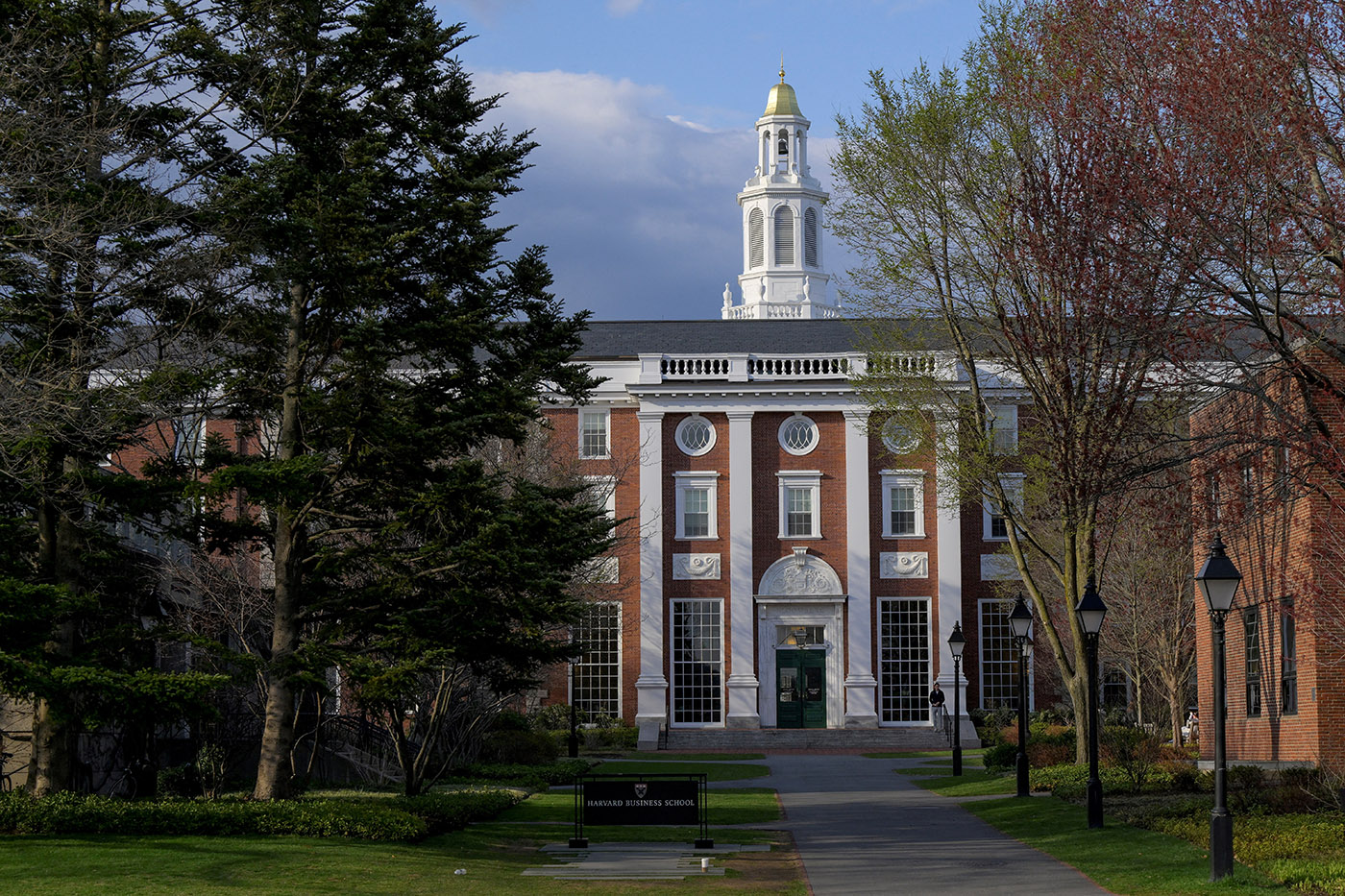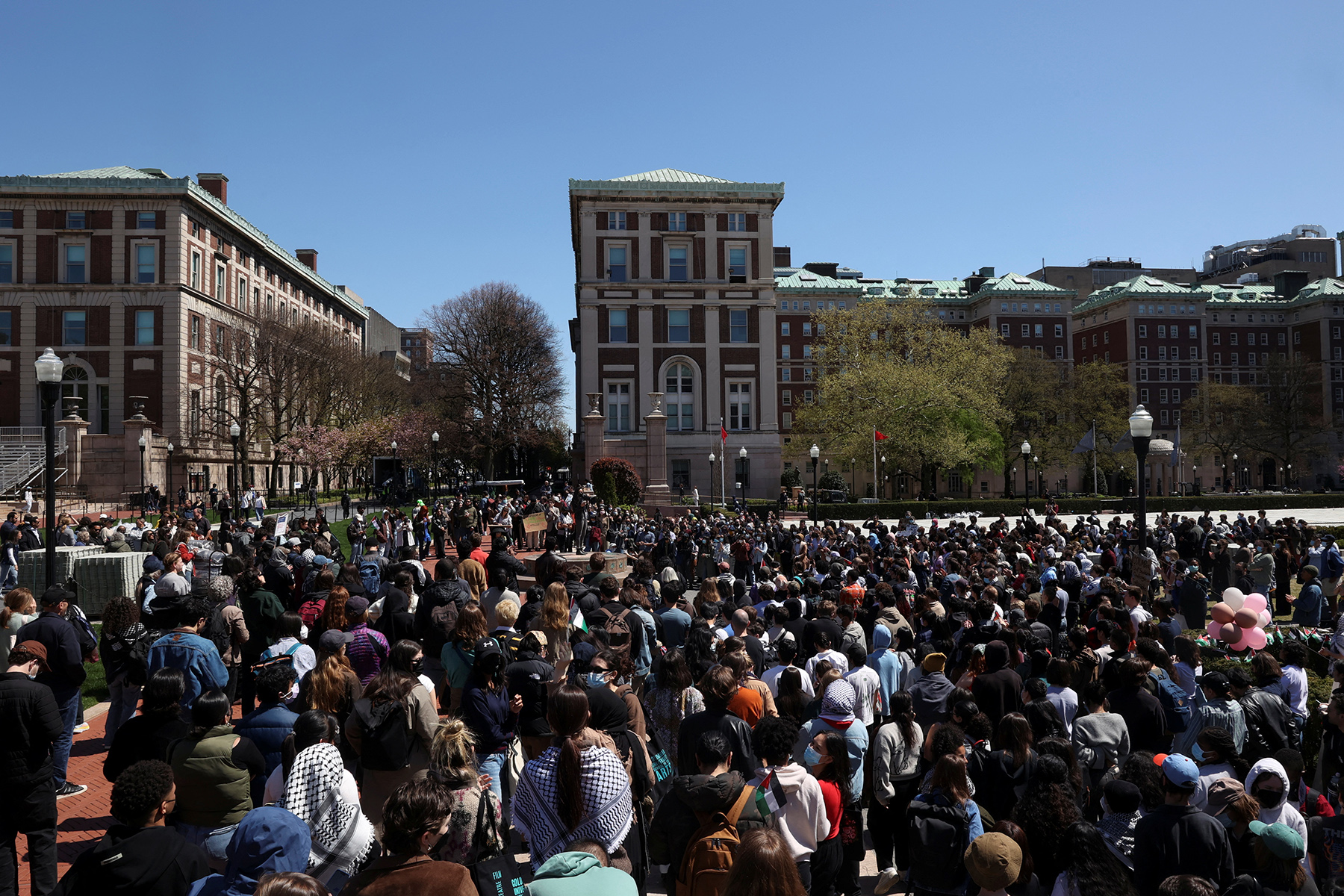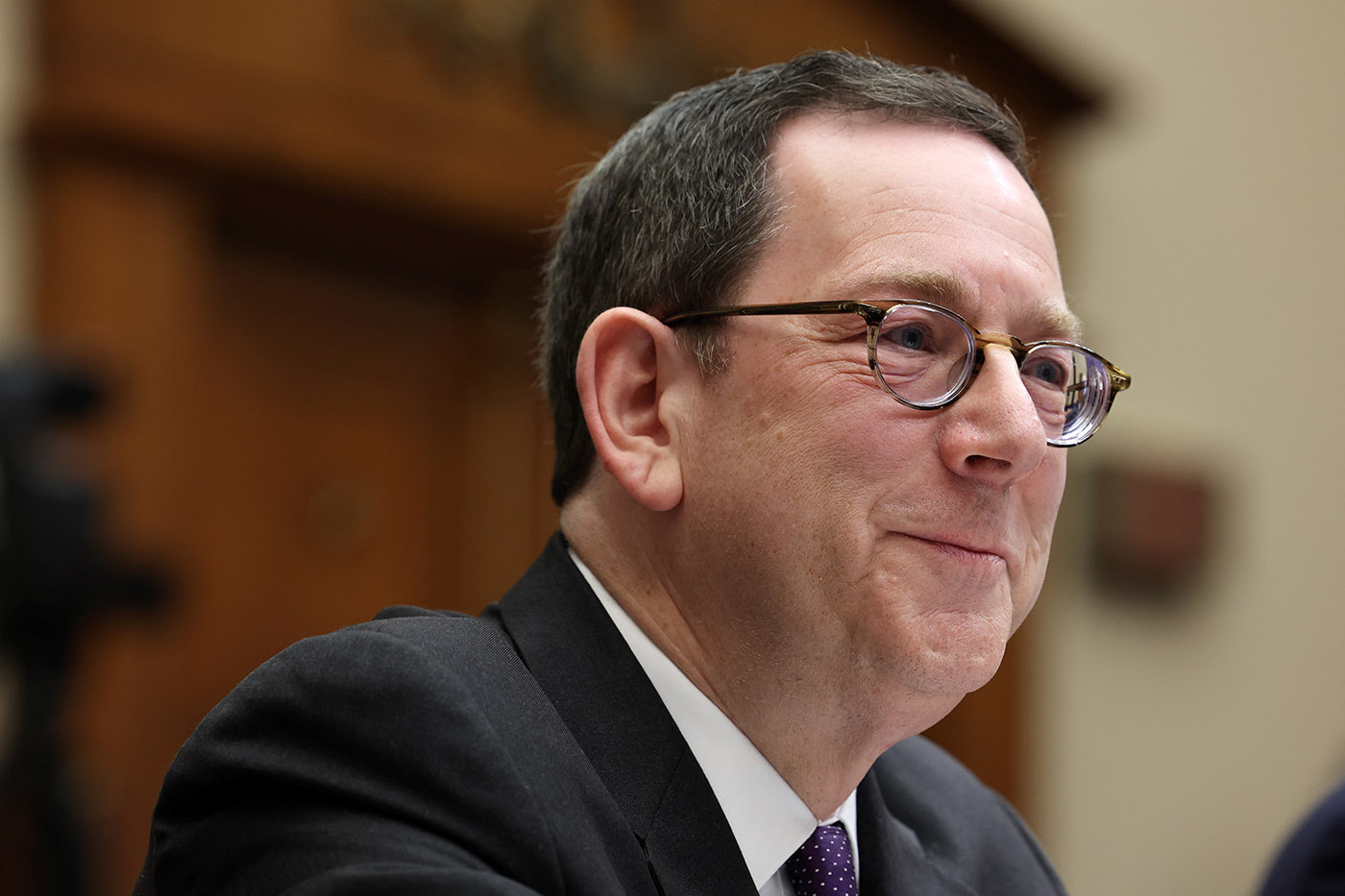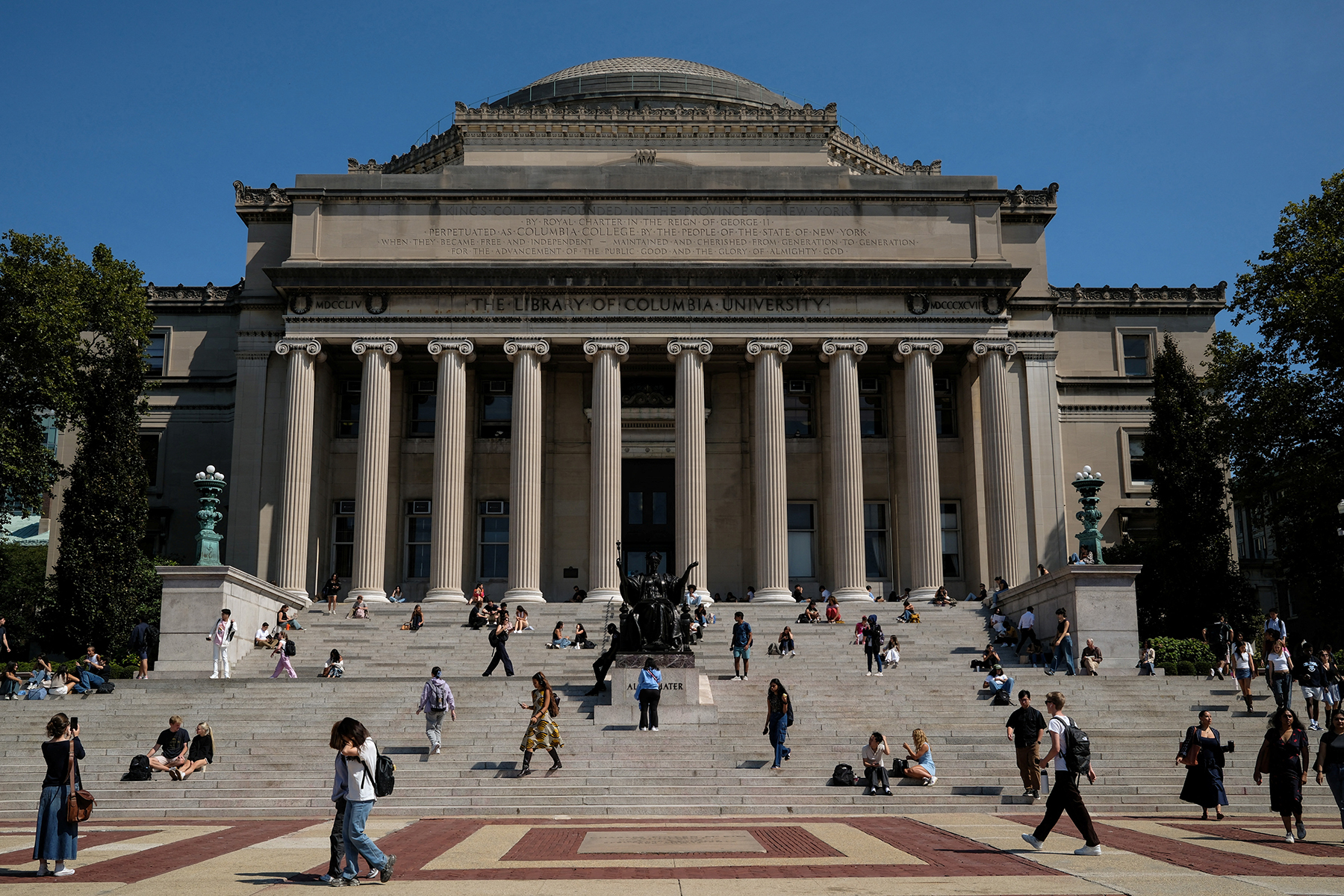The University of Wisconsin-Milwaukee is the latest college campus to become embroiled in a free speech controversy.
During a campus event celebrating Israel’s independence, a student held up a sign with a swastika and the word, “Gas,” written on it.
When students complained, the school chancellor defended the student’s right to free speech. The chancellor’s response angered some students, who then started a petition to oust the student offender.
“What [the student] did was not just an expression of speech,” the petition says.“It’s incitement of violence against the Jewish community on campus.”
Across the country, college campuses are grappling with how to balance free speech rights with offensive or hateful content.
In May, white nationalist Rick Tyler spoke at the University of Tennessee at Knoxville’s campus, and his appearance drew a crowd of more than 100 protesters, many of who felt that Tyler shouldn’t have been allowed to speak at the university. (His talk wasn’t sponsored or hosted by UT-Knoxville.)
“You run into trouble when you try to regulate who’s speaking at a public forum based on what they have to say,” said Lata Nott, executive director of the First Amendment Center at the Freedom Forum Institute, told The Washington Post. “That’s viewpoint discrimination. That’s nearly always unconstitutional.”
Public universities are bound by federal law and can’t regulate speech content, but can apply time, space, and manner restrictions to speech.
Tags
